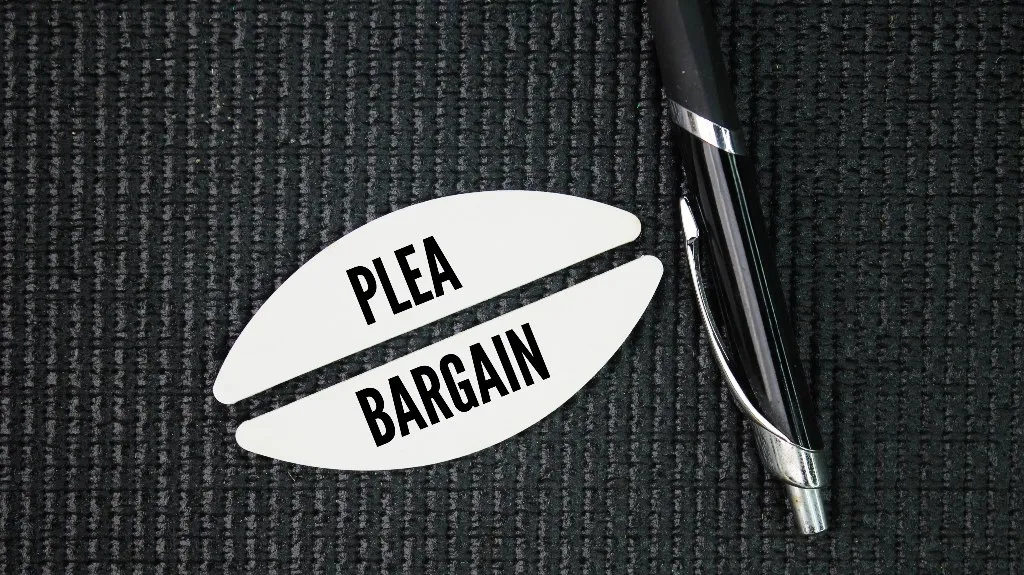Here is a list of common objections to evidence at a temporary orders hearing in Texas, with citations to the Texas Rules of Evidence (TRE):
- Relevance: The evidence is not relevant to any fact of consequence in the case. TRE 401.
- Hearsay: The evidence is an out-of-court statement offered to prove the truth of the matter asserted. TRE 802.
- Exceptions: While you should familiarize yourself with all of the hearsay exceptions in TRE 803, pay particular attention to exceptions commonly used in temporary orders hearings, such as:
- Present Sense Impression: TRE 803(1).
- Excited Utterance: TRE 803(2).
- Statement for Purposes of Medical Treatment or Diagnosis: TRE 803(4).
- Records of Regularly Conducted Activity (Business Records): TRE 803(6).
- Public Records: TRE 803(8).
- Exceptions: While you should familiarize yourself with all of the hearsay exceptions in TRE 803, pay particular attention to exceptions commonly used in temporary orders hearings, such as:
- Authentication: The evidence has not been properly identified as being what the proponent claims it to be. TRE 901.
- Best Evidence Rule: A party must offer the original document into evidence unless an exception applies. TRE 1002.
- Speculation: The question calls for the witness to speculate or guess. This objection does not have a specific rule citation but falls under TRE 602, which requires a witness to have personal knowledge of the matters they are testifying about.
- Leading: The question suggests the answer to the witness. TRE 611(c).
- Argumentative: The question is argumentative or intended to start an argument with the witness. This objection also falls under the general rules for examining witnesses in TRE 611.
- Asked and Answered: The question has already been asked and answered. This objection also falls under TRE 611.
- Lack of Foundation: A proper foundation has not been laid for the question or for admitting the evidence. This is a general objection that can apply to many different types of evidence. You will need to tailor your objection to the specific evidence being offered.
- Unfair Prejudice (Rule 403): The evidence’s probative value is substantially outweighed by the danger of unfair prejudice, confusion of the issues, or misleading the jury. TRE 403.
- Cumulative: The evidence is needlessly cumulative. TRE 403.
- Improper Character Evidence: The evidence is being used to prove that a person acted in conformity with a character trait. TRE 404.
- Improper Opinion Testimony: The witness is not qualified to give the opinion, or the opinion is not helpful to the trier of fact. TRE 701; 702.
- Privilege: The evidence is protected by a privilege, such as attorney-client privilege or spousal privilege. TRE 501-510.
- Untimely Disclosure: The party offering the evidence failed to disclose it in a timely manner during discovery. TRCP 193.6








